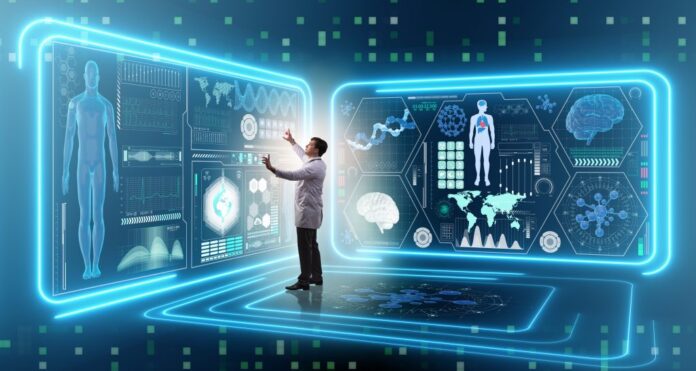Introduction:
The landscape of medicine is undergoing a remarkable transformation, with rapid advancements in technology and scientific research revolutionizing the way healthcare is delivered. One of the most promising developments in the field is the concept of precision and personalized medicine. Harnessing the power of genomics, artificial intelligence, and big data analytics, precision medicine aims to provide targeted and individualized treatments, leading to better patient outcomes and improved overall healthcare. In this article, we will explore the incredible potential and future prospects of precision and personalized care, outlining the benefits, challenges, and ethical considerations surrounding this transformative approach.
Unraveling the Human Genome:
The completion of the Human Genome Project in 2003 marked a significant milestone in medical research. It provided scientists with an unprecedented wealth of information about the human genetic blueprint, unlocking vast opportunities for understanding disease mechanisms, predicting susceptibility, and tailoring treatment approaches. Since then, advancements in genomic sequencing technologies have made it faster and more affordable to decode an individual’s entire genetic makeup. This has paved the way for precision medicine, which focuses on utilizing this genetic data to guide clinical decision-making.
The Power of Personalized Treatments:
One of the fundamental principles of precision medicine is that each patient is unique, with their own distinct genetic makeup, lifestyle, and environmental factors. By considering these individual differences, healthcare providers can design personalized treatment plans tailored to the specific needs of each patient. For example, genetic testing can identify genetic variations associated with drug metabolism, allowing physicians to prescribe medications that are most effective and safe for a particular individual. This targeted approach minimizes adverse reactions and enhances treatment efficacy, ultimately improving patient outcomes.
The Role of Artificial Intelligence (AI):
Artificial intelligence and machine learning algorithms are revolutionizing healthcare by analyzing large volumes of data and identifying patterns that would be impossible for humans to detect. AI-driven tools can interpret complex genomic data, medical images, and patient records to assist in diagnosis, treatment selection, and monitoring. By integrating AI into clinical decision support systems, healthcare providers can make more accurate predictions, identify early disease indicators, and personalize therapies based on an individual’s unique characteristics. This enhances clinical efficiency and optimizes patient care, leading to better health outcomes.

Big Data Analytics:
Precision medicine generates massive amounts of data, including genomic information, patient records, and real-time monitoring data. Leveraging big data analytics allows researchers and healthcare professionals to mine this wealth of information for valuable insights. By analyzing large datasets, patterns and correlations can be discovered, leading to breakthroughs in understanding disease progression, identifying risk factors, and developing new therapies. Additionally, data sharing among institutions and collaboration across borders facilitate accelerated discoveries and foster a collective effort in advancing medical knowledge.
Challenges and Ethical Considerations:
While the future of precision and personalized medicine holds tremendous promise, it also presents several challenges and ethical considerations. First and foremost, the accessibility and affordability of genomic sequencing and personalized treatments need to be addressed to ensure equitable healthcare delivery. The integration of technology and big data also raises concerns about patient privacy and data security. Striking a balance between sharing data for research purposes and protecting individual privacy will be crucial. Moreover, ensuring the accuracy and reliability of AI algorithms is paramount to avoid biased decision-making or misinterpretation of results.
Conclusion:
The future of medicine is undoubtedly moving towards precision and personalized care. As technology continues to advance, healthcare providers will be equipped with powerful tools and resources to deliver individualized treatments that yield better outcomes. The integration of genomics, artificial intelligence, and big data analytics promises to transform healthcare from a one-size-fits-all approach to a more targeted and effective paradigm. However, it is essential to address the challenges surrounding accessibility, privacy, and accuracy to fully harness the potential of this groundbreaking approach. With ongoing research, collaboration, and innovation, the future of medicine looks promising, offering a new era of personalized care that will revolutionize healthcare as we know it.

